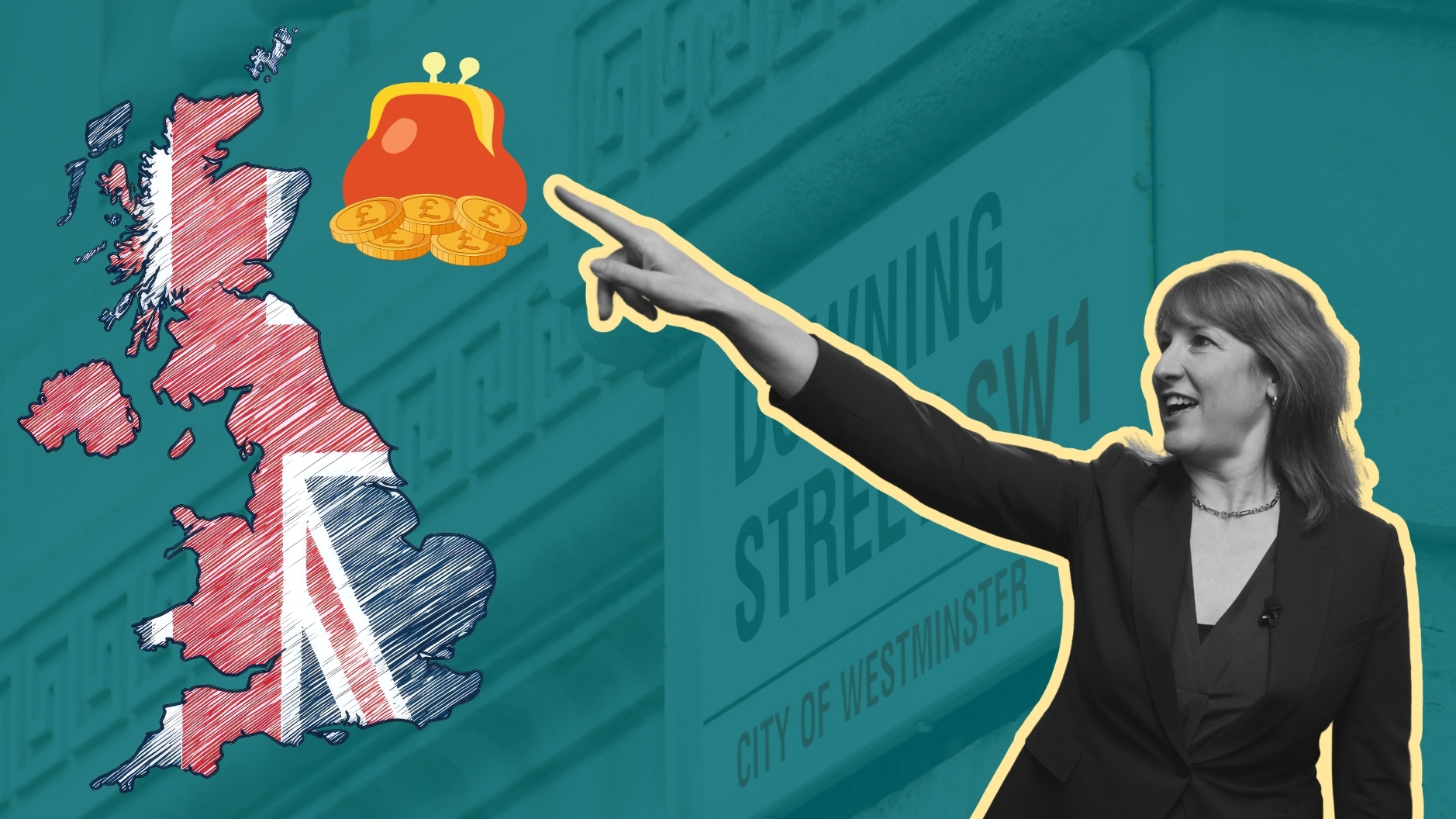Is this the end for buy-to-let?
Buy-to-let investors are to lose tax relief on the interest payable on their mortgages. Merryn Somerset Webb explains what it means.

Get the latest financial news, insights and expert analysis from our award-winning MoneyWeek team, to help you understand what really matters when it comes to your finances.
You are now subscribed
Your newsletter sign-up was successful
Want to add more newsletters?
Life isn't as good as it once was for higher-rate taxpayers these days from a tax point of view at least. The mutterings about the level of their pension tax reliefs are getting rather too loud for comfort and George Osborne, the chancellor, has now announced that they are set to lose tax relief on the interest payable on their buy-to-let mortgages.
Up until now, all interest could be written off against income, regardless of the income-tax rate, and buy-to-let investors could write off another 10% of their rental income for wear and tear, regardless of whether they have done any work on the property or not. That was a pretty good deal. But by 2020 it will be gone. From then, it will only be possible to offset work that has actually been done, while tax relief on interest will only be available at the lower rate.
How will that affect the numbers for buy-to-let investors? Very badly indeed, says Richard Dyson in The Daily Telegraph. Let's say you have a buy-to-let investment bringing in £20,000 a year in rent and costing you £13,000 in interest. Tax is currently due on the difference. So you pay tax on £7,000 only (and that's not even considering wear and tear allowances).
Try 6 free issues of MoneyWeek today
Get unparalleled financial insight, analysis and expert opinion you can profit from.

Sign up to Money Morning
Don't miss the latest investment and personal finances news, market analysis, plus money-saving tips with our free twice-daily newsletter
Don't miss the latest investment and personal finances news, market analysis, plus money-saving tips with our free twice-daily newsletter
So that's "£2,800 for HMRC and £4,200 for you". Now move to 2020, when tax is due on the £20,000, minus a 20% tax credit. You now pay 40% on £20,000 (£8,000)minus the 20% tax credit on the interest (20% of £13,000 or £2,600). All in that's £5,400 for HMRC and a mere £1,600 for you, says Dyson. Your tax bill just went up by 93%.
And not everyone will end up with even £1,600 for their property management pains: financial services group Smith & Williamson has calculated that any higher-rate taxpayers whose mortgage interest represents 75% or more of their rental income "will see all of their returnswiped out by 2020". Say you take in £20,000 and pay out £15,000 in interest. Your tax will be £5,000 (£8,000 £3,000). Your net return for your time in managing your investment? Barring any capital gains, it is zero. For additional rate taxpayers that mortgage interest number falls even further, to 68%.
The upshot of all this is simple: from now on it is going to be a great deal harder for higher-rate taxpayers to make a net income out of the buy-to-let business. That means that fewer investors will enter the market and that more are likely to leave it. First-time buyers will be pleased by all this (because buy-to-let investors are their main competition for "starter" level houses), but for anyone looking to build up a property portfolio using high loan-to-value (low deposit), interest-only mortgages, or anyone who has recently bought in a low-yielding area (such as London and the South East), it is very bad news indeed.
Get the latest financial news, insights and expert analysis from our award-winning MoneyWeek team, to help you understand what really matters when it comes to your finances.

-
 What do rising oil prices mean for you?
What do rising oil prices mean for you?As conflict in the Middle East sparks an increase in the price of oil, will you see petrol and energy bills go up?
-
 Rachel Reeves's Spring Statement – live analysis and commentary
Rachel Reeves's Spring Statement – live analysis and commentaryChancellor Rachel Reeves delivered her Spring Statement today (3 March). What was announced?